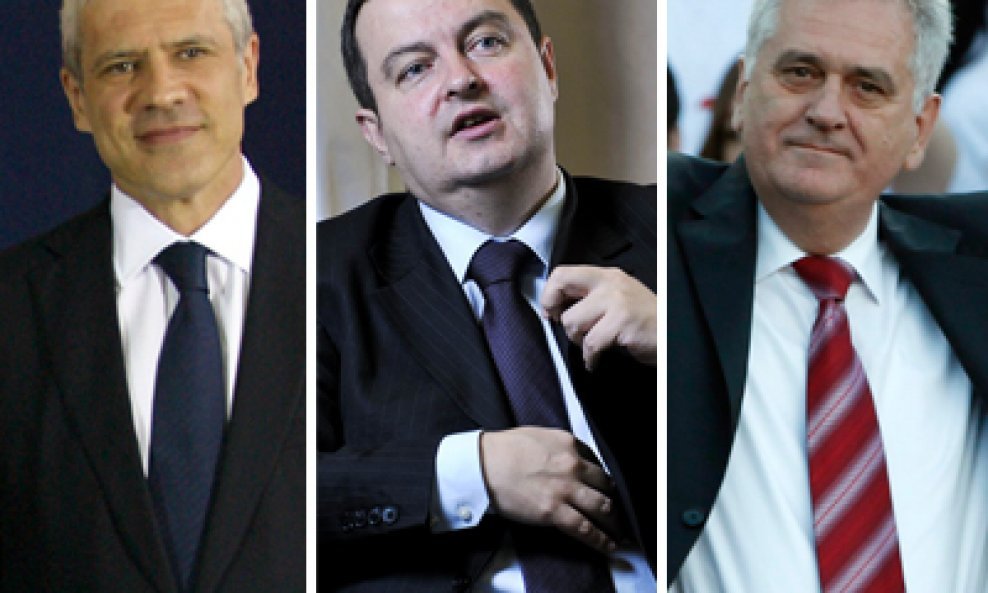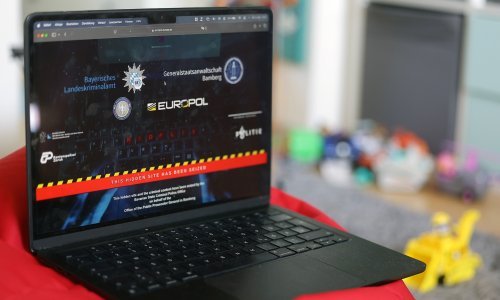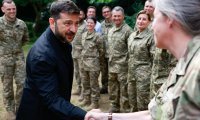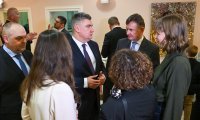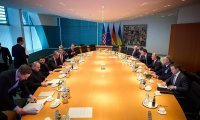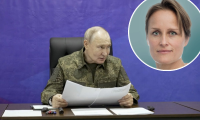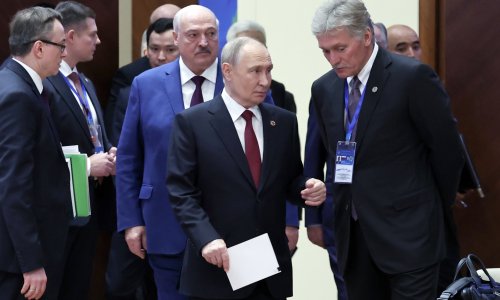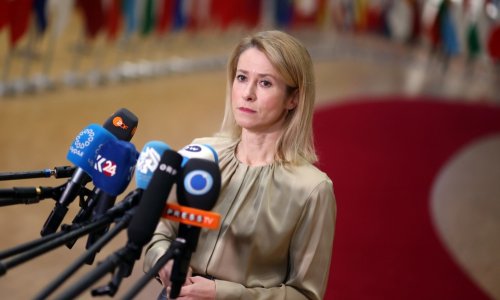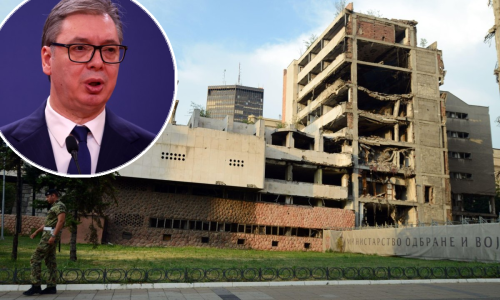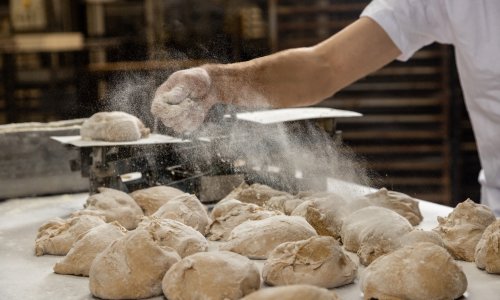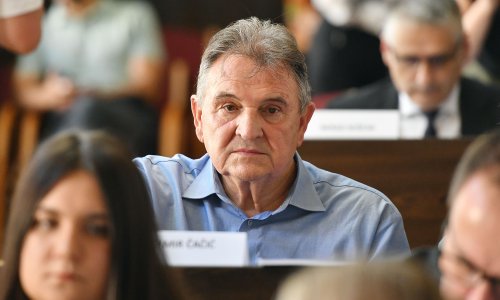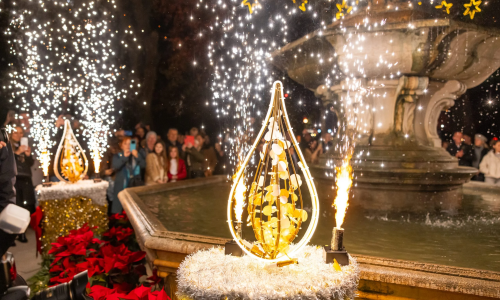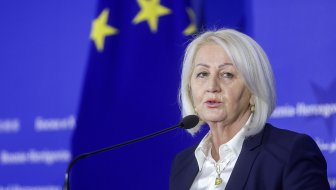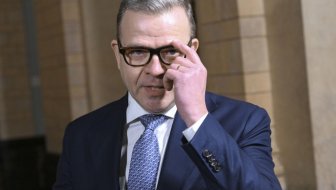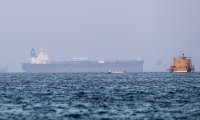A total of 8,549 polling stations opened at 7am Sunday throughout Serbia for the country's presidential, parliamentary and local elections and 6,770,013 eligible voters can cast ballots until 8 pm today when the polling stations are to be closed.
According to opinion polls, two leading coalitions most likely to win the presidential and parliamentary elections are the bloc led by the Democratic Party (DS) of the previous Serbian President Boris Tadic and the bloc led by the strongest opposition party -- the Serbian Progressive Party (SNS), headed by Tomislav Nikolic.
Tadic and Nikolic are also the two main rivals among 12 candidates for new President of Serbia. The third most favourable candidate is Ivica Dacic of the Socialist Party of Serbia. Cedomir Jovanovic of the Liberal Democratic Party and Jadranka Seselj (7%), the wife of Serb Radical Party (SRS) leader Vojislav Seselj, who is standing trial before the UN war crimes tribunal in The Hague are among those 12 candidates. The mufti of the Islamic community in the southern region of Sandzak, Muamer Zukorlic, is also running for Serbia's president.
A total of 18 election slates are nominated for the parliamentary elections.
On Sunday, the northern Serbian province of Vojvodina is holding regional elections, with a total of 1,735,616 eligible voters being able to elect members of the 120-seat provincial assembly.
Serbian nationals abroad can also vote at 38 polling stations in 22 countries and according to agreement between the Serbian Election Commission and the Organisation for Security and Cooperation in Europe (OSCE), Kosovo Serbs are allowed to vote in the Serbian presidential and parliamentary elections and for that purpose a total of 90 polling stations in 28 Serb-populated municipalities and villages were set up in Kosovo.
The OSCE is in charge of securing conditions for the voting in Kosovo, and upon the closing of those polling stations the ballots from Kosovo would be transferred to southern Serbia for counting.
Serbian Minister for Kosovo Goran Bogdanovic has said recently that Serbia will not hold local elections in Kosovo, adding that the UN Mission to Kosovo, which has the authority to organise them, had given a negative response to the idea. Bogdanovic has explained that Serbia in no way wants to breach UN Security Council Resolution 1244 and brings in danger the Serbs living south of Ibar River in Kosovo. The river divides the town of Kosovska Mitrovica into the Serb-populated north and the Albanian-populated south, and is considered the line symbolically dividing north Kosovo, which is mostly populated by Serbs, and the rest of the country, where the majority population is Albanian.
Leaders of Zvecan and Zubin Potok, two northern Kosovo municipalities populated by Serbs, however, have announced that they will organise local elections, despite warning from the Serbian government, the Kosovo government and the international community. This move may heighten tensions which is why the NATO-led Kosovo Force has braced itself for such developments and beefed up its presence with the deployment of an additional 700 troops.



